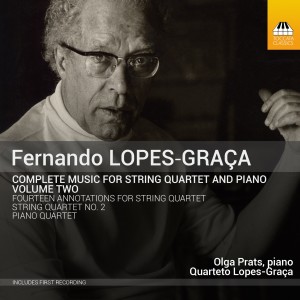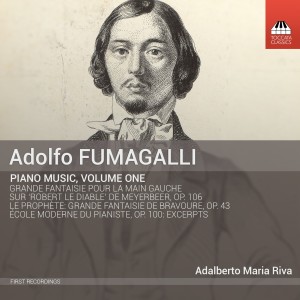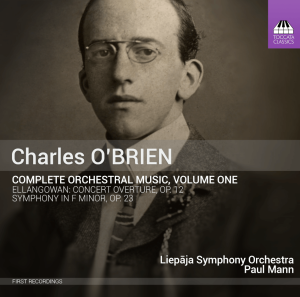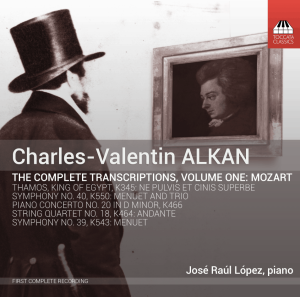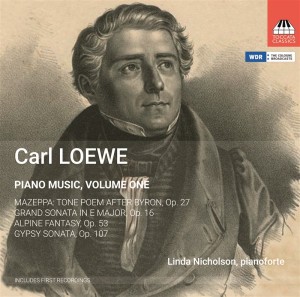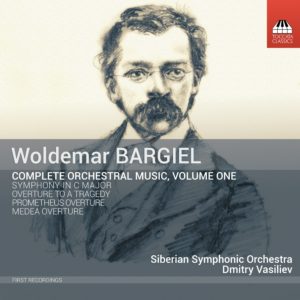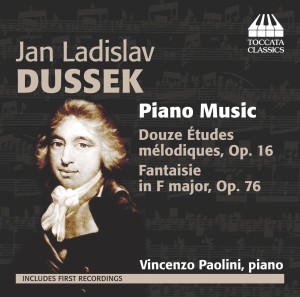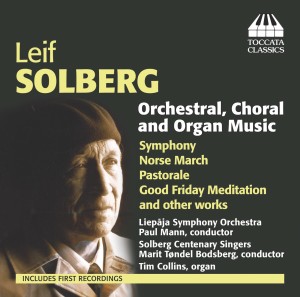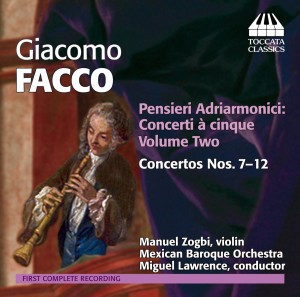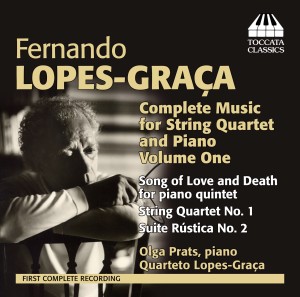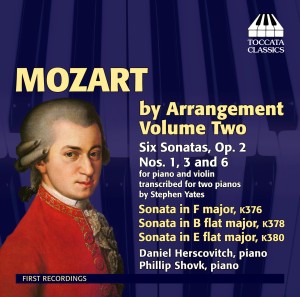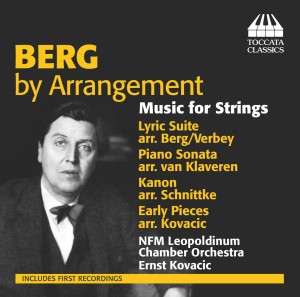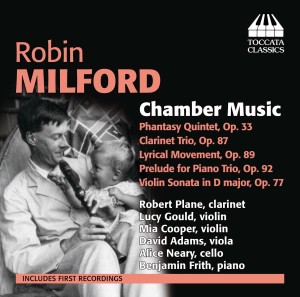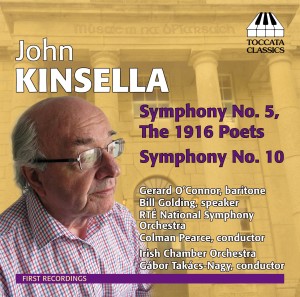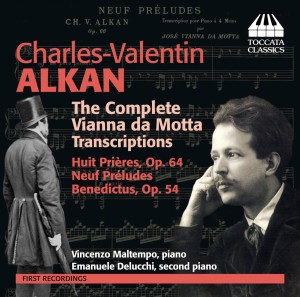Search Results for "Space Wolf: The First Omnibus mp3 torrent" – Page 41
Gregory Rose: Danse Macabre
The Danse macabre – the idea that Death comes for everyone regardless of status or importance – has fascinated musicians for centuries. In 2011, inspired by a vast sixteenth-century painting by Bernd Notke in the Niguliste, St Michael’s Church in Tallinn, the English composer Gregory Rose (b. 1948) set the mediaeval German texts which sit below each panel, turning Notke’s terrifying vision into a bleak but grimly humorous ritual.
Estonian Philharmonic Chamber Choir and Chamber Ensemble; Gregory Rose
Fernando Lopes-Graça: Complete Music for String Quartet and Piano, Volume Two
As a committed socialist, the Portuguese composer Fernando Lopes-Graça (1906–94) faced repression from Salazar’s right-wing dictatorship: his works were banned and he was stripped of his official positions. Lopes-Graça responded in music, evolving a feisty, wiry Bartókian style that drew on Portuguese folk-music. This recording features Lopes-Graça’s own Bechstein piano, played by Olga Prats, who worked closely with him.
Olga prats, piano; Quarteto Lopes-Graça
Adolfo Fumagalli: Piano Music, Volume One
In his brief life Adolfo Fumagalli (1828–56), one of four musician brothers from Inzago, near Milan, made a name for himself across Europe as ‘the Paganini of the piano’, astonishing audiences with his dazzling technique and acquiring an especial reputation for performances using his left hand alone. Fumagalli composed a large body of piano music – over 100 opus numbers – many of them operatic fantasies and virtuosic studies of the type presented in this anniversary recital, recorded in his home town.
Adalberto Maria Riva, piano
Charles O’Brien: Complete Orchestral Music, Volume One
The rediscovery of the music of the Edinburgh composer Charles O’Brien (1882–1968) continues with his most important work, his only symphony, a full-scale Romantic score in the tradition of Schumann and Brahms, powerful and lyrical by turn. It is coupled here with the later, more extended of the two versions O’Brien made of his heartening, Walter Scott-inspired overture Ellangowan, resplendent with a big Scottish tune which lingers in the memory.
Liepaja Symphony Orchestra; Paul Mann, conductor
Charles-Valentin Alkan: The Complete Transcriptions, Volume One: Mozart
The gloriously maverick music of Charles-Valentin Alkan (1813–88) is more familiar now than ever before. But even though his original compositions are now beginning to be heard in concert programmes, his equally idiosyncratic transcriptions have not yet been systematically documented in recordings – an omission this series, which begins with Alkan’s complete transcriptions of Mozart, seeks to redress.
José Raúl López, piano
Carl Loewe: Piano Music, Volume One
Known in his lifetime as 'the north German Schubert', Carl Loewe (1796-1869) is remembered today chiefly as a composer of ballads. Yet there is a considerable body of piano music that is strikingly innovative in content, expression and harmony, containing the germs of ideas later taken up by composers such as Wagner and Liszt. Loewe was unquestionably a brilliantly original talent, a major figure in ushering in the Romantic era.
Linda Nicholson, pianoforte
Woldemar Bargiel: Complete Orchestral Music, Volume One
Woldemar Bargiel (1828-97) was one of the best-known composers of his day, an important teacher and Clara Schumann's half-brother, but his music has been largely forgotten. His only symphony has a Beethovenian drive, and his three published orchestral overtures, which are symphonic poems in all but name, lie downstream from Schumann, with a Brahmsian weight and power.
Siberian Symphony Orchestra, Dmitry Vasilyev
Jan Ladislav Dussek: Piano Music
The compositions of the Czech-born Jan Ladislav Dussek (1760-1812) show the Classical style gradually taking on the expressive characteristics of Romanticism, foreshadowing composers like Beethoven, Chopin, Schubert and Schumann. The Douze Études mélodiques (also published as Leçons progressives) offer a sort of musical United Nations of the day, its Polish, Russian, Scottish, Spanish, Turkish and other national elements intended to appeal to the contemporary fashion for the exotic. His F major Fantaisie is in effect an eight-movement suite, presenting an array of musical forms and capturing the improvisatory spirit and harmonic exploration of the fantasia.
Vincenzo Paolini, piano
Leif Solberg: Orchestral, Choral and Organ Music
This CD commemorates the 100th birthday of the Norwegian composer and organist Leif Solberg (b. 1914). Solberg's only symphony (1950-51) confirms the contrapuntal mastery evident in his magisterial organ works, investing it with a touch of sardonic humour and the dancing rhythms of Norwegian folk-music; the choral Good Friday Meditation, by contrast, points to the lyrical side of his muse.
Tim Collins, organ; Anna Sundstrom Otervik, mezzo soprano; Magnus Ingemund Kjelstad, baritone; Solberg Centenary Singers; Marit Tondel Bodsberg, conductor; Liepaja Symphony Orchestra; Paul Mann, conductor
Giacomo Facco: Pensieri Adriarmonici: Concerti à cinque, Volume Two
Giacomo Facco (1676-1753), born near Venice, was active in southern Italy as violinist, choirmaster and teacher before his appointment to the Spanish royal court around 1720. Although highly esteemed in his own time, Facco had disappeared from musical history until a set of his twelve Pensieri Adriarmonici — concertos for three violins, viola, cello and basso continuo — were discovered in a Mexican library in 1962. Bright and buoyant, they have much in common with the music of Vivaldi, Albinoni and Facco's other Venetian contemporaries — but are here given a distinct twist with a basso continuo of vihuela and guitarrón, as they might have been performed in eighteenth-century Mexico.
Manuel Zogbi, violin
Mexican Baroque Orchestra, chamber orchestra
Miguel Lawrence, director
Fernando Lopes-Graça: Complete Music for String Quartet and Piano, Volume One
As a committed socialist, the Portuguese composer Fernando Lopes-Graça (1906-94) faced repression from Salazar's right-wing dictatorship: his works were banned and he was stripped of his official positions. Lopes-Graça responded in music, evolving a feisty, wiry Bartókian style that drew on Portuguese folk-music. This recording features Lopes-Graça's own Bechstein piano, played by Olga Prats, who worked closely with him.
Olga Prats, piano
Quarteto Lopes-Graça, string quartet
Mozart by Arrangement, Volume Two
The violinist and conductor Andrew Manze recently remarked that the six violin sonatas published as Mozart's Op. 2 in 1781 might also be effective as sonatas for piano duet. The Australian composer Stephen Yates has taken him up on the idea, adding six sparkling new two-piano sonatas to the single original one that Mozart himself produced.
Phillip Shovk, piano
Daniel Herscovitch, piano
Berg by Arrangement
These arrangements for string orchestra of works by Alban Berg — some by Berg himself, others by later musicians — chart his development as a composer, from prentice pieces composed under the tutelage of Arnold Schoenberg to the rich, mature style of one of his masterpieces, the Lyric Suite, written to express an impassioned and illicit love.
Ernst Kovacic, conductor
NFM Leopoldinum Chamber Orchestra, chamber orchestra
Robin Milford: Chamber Music
The revival of interest in the music of Robin Milford (1903-59) has largely bypassed his exquisite chamber music, an omission this recording seeks to redress. It presents some of his most attractive compositions for chamber forces, showing his very personal — and very English — combination of melodic freshness, elegiac lyricism and echoes of folksong.
Robert Plane, clarinet
Lucy Gould, violin
Mia Cooper, violin
David Adams, viola
Alice Neary, cello
Benjamin Frith, piano
Gould Piano Trio, piano trio
John Kinsella: Symphonies
John Kinsella (b. 1932) is the most important Irish symphonist since Stanford, with no fewer than ten to his credit. This CD couples Kinsella's Fifth Symphony, written in 1992, an impassioned setting of humanist poetry by three Irish poets killed in the 1916 Uprising, with his most recent, No. 10, composed in 2010 for an orchestra of Mozartean dimensions, its clear textures animated by driving power and energy.
Gerard O’Connor, baritone
Bill Golding, speaker
RTÉ National Symphony Orchestra, orchestra
Colman Pearce, conductor
Irish Chamber Orchestra, chamber orchestra
Gábor Takács-Nagy, conductor
Charles-Valentin Alkan: The Complete Vianna da Motta Transcriptions
The Portuguese piano virtuoso and composer José Vianna da Motta (1868-1948) understood the importance of Alkan's music long before its current rise to prominence and made a number of transcriptions to foster its performance, arranging eight of the organ Priéres for solo piano and some of the music for pédalier — the obsolete pedal-piano — for piano duo and duet.
Vincenzo Maltempo, piano
Emanuele Delucchi, piano
Stay In the Know
JOIN THE TOCCATA NEWSLETTER
"*" indicates required fields
By visiting our site, you agree to our privacy policy regarding cookies, tracking statistics, etc.

